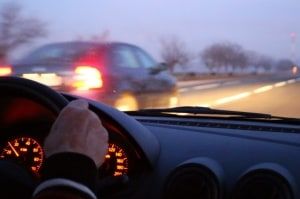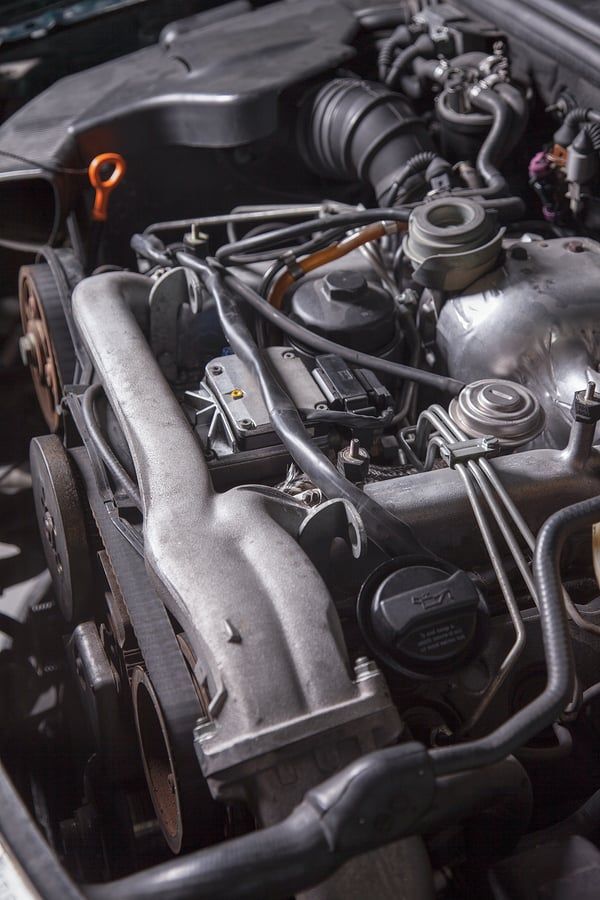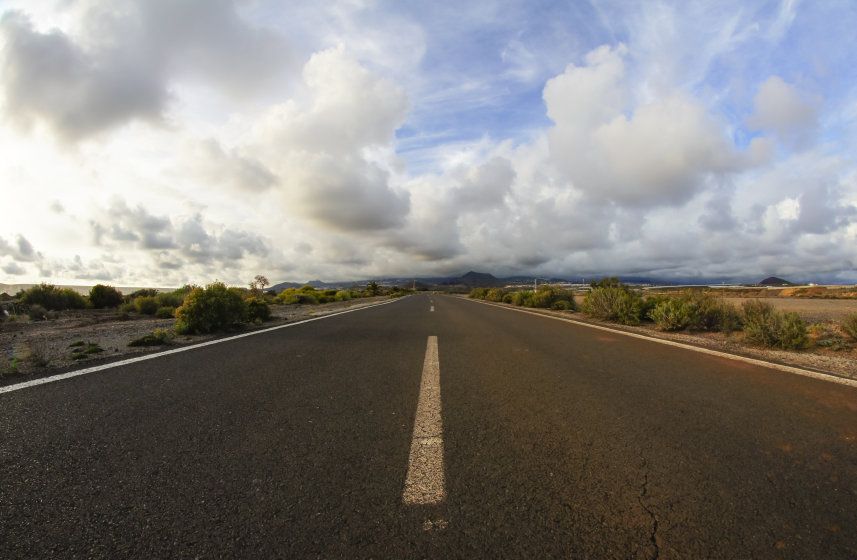 Sleep is the best friend of a person who has had too much to drink, and for more reasons than you might know. After a night of drinking, there usually comes a moment where the buzz of those beers leads to a realization that you’re ready for bed… but, your bed is miles away. Waiting for a taxi may seem like the last thing you want to do; you are convinced you’re just tired, not drunk at all. Obviously, you think you can drive home safely… and you could be dead wrong.
Sleep is the best friend of a person who has had too much to drink, and for more reasons than you might know. After a night of drinking, there usually comes a moment where the buzz of those beers leads to a realization that you’re ready for bed… but, your bed is miles away. Waiting for a taxi may seem like the last thing you want to do; you are convinced you’re just tired, not drunk at all. Obviously, you think you can drive home safely… and you could be dead wrong.
Throughout your night, your blood alcohol content (BAC) has been affected by the alcohol you’ve consumed and your body’s rate of metabolism. Even if you’ve stuck to the “one drink per hour” rule of thumb, if your body signals you that it is ready to hit the sack, it is likely that your liver has already slowed its normal processing of the alcohol you’ve been drinking: it’s tired because you’re tired. Driving yourself home at that point means that you’re not only driving while drowsy, but that you could also be driving while intoxicated.
Anytime you are driving while intoxicated, you run the risk of injuring others on the road, yourself or your passengers. You may be convicted of driving while intoxicated, spend time in jail, pay fees or have to install an ignition interlock device on your car. There are plenty of sensible reasons that you should take a taxi home, and zero reasons for you to drive after you’ve been drinking, no matter how ready you are to drift off into dreamland.
Sleep helps your body to process the mental and physical demands of each day, and while alcohol may have a relaxing effect, there is a price to pay on your mind and body. On top of that, you could be facing legal issues if you drive while intoxicated, causing even more sleepless nights than you’d want to face. When your body sends you the message it’s ready to be tucked in for the night, find a safe way to your bed and rest assured that the next day, the only nightmare you’ll face is that terrible “morning after” hangover headache.

 Don’t Miss Your Ignition Interlock Device Maintenance Appointments!
Don’t Miss Your Ignition Interlock Device Maintenance Appointments! 